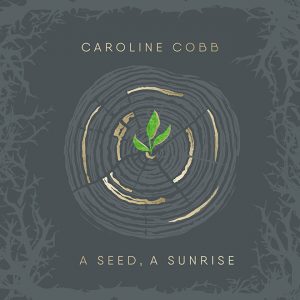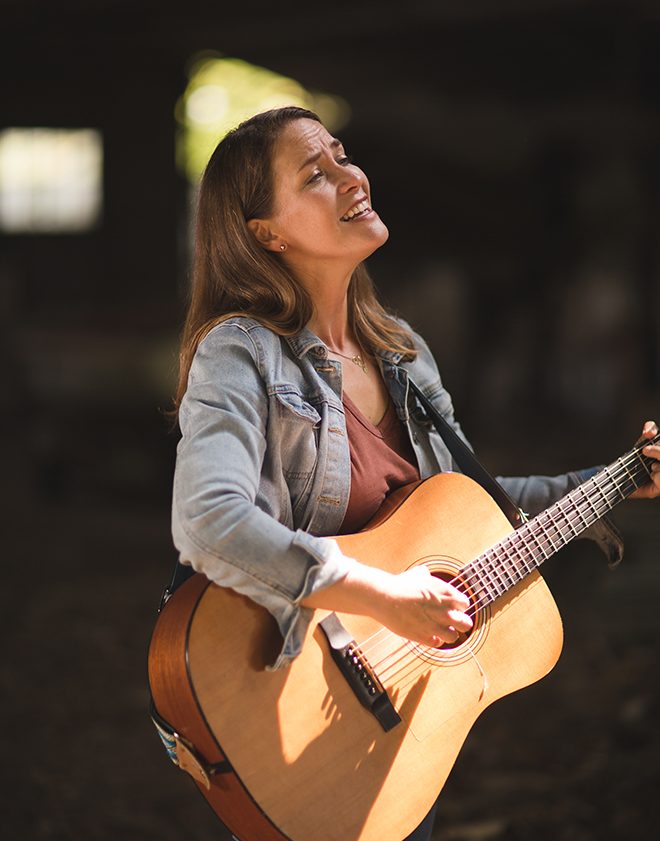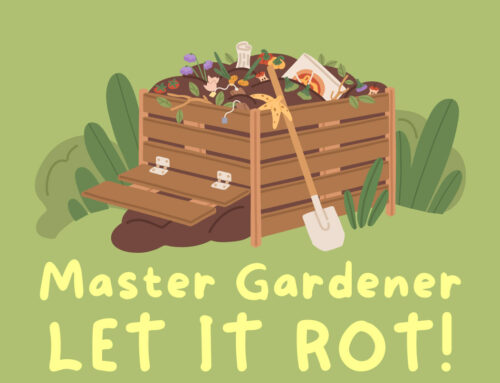Lake Highlands resident Caroline Cobb’s new Christmas album focuses on the joy and longing of Advent rather than typical holiday covers. She released her third album “A Seed, A Sunrise: Advent to Christmas Songs” on Nov. 20. Recorded live in February, the singer-songwriter says she hopes the album’s message of restoration offers healing and comfort following a tumultuous year. While Cobb spent most of her years in Houston and California, she has been living in Lake Highlands the last four years.
What is your favorite memory of the neighborhood?
Just my street. It’s become one of our favorite places to kind of hang out, just in somebody’s front yard. During the coronavirus and the quarantine, we all just got really close [in] our little block of people. There are people in different stages of life: people with kids, people without kids. But we’ve become this little family on our street.
How did you get started in music?
It’s actually kind of a funny story. I went on a date with a guy, and he had written a song and he played it for me. In my mind, I thought, ‘That’s pretty cool. I think maybe I could try to do that.’ It didn’t work out with this guy, but that kind of spurred me on to try to write a song. From that point on, I just wrote all the time. It was a way for me to process and a way for me to make connections. I decided to start calling myself a singer-songwriter. I made this goal to write a song for every book of the Bible in a year right before I turned 30. That whole year of writing led me to playing more concerts, which led me to want to give someone an album that they could listen to.
What is your songwriting process from the Bible like?
When I was a junior in high school and right around when I started playing music, that’s when I also became a Christian. I pretty quickly loved to study the Bible and understand how different things connected with each other and how there are shadows and prototypes of Jesus in the Old Testament that come to fruition in the New Testament. When I sit down to write, I love to dive in and put myself in the position of someone that’s asking a journalistic kind of question: Who? What? When? Where? Why? What’s the context here? And then seeing it as an artist, too: How would this feel if I were this person? Or what if I wrote it from this perspective? Or what’s an image that can make this come home for a modern listener, rather than someone back in Jesus’ day? What chord progression would communicate the emotion of this passage? It sounds really linear, but it’s obviously not. It’s much more mysterious than that. Some songs come all at once, and some songs are really wrestling matches.
I had put out two albums that told this big story that were panoramic, from creation all the way to Christ’s return. I wanted to focus in on Jesus and on Earth and on our longing for him. This album is definitely not your typical Christmas album, Bing Crosby, covering Christmas carols. It’s got a lot more longing in it. It’s got some groaning and ache in it, which I think is part of Advent when we’re looking forward to Jesus coming back and making things right and making broken things whole. It also has a lot of joy, kind of in the same way that after the darkness of a long night, the dawn is so much brighter and more beautiful when you recognize the night was so dark.
 What was the inspiration behind the single “Comfort, Oh Comfort”?
What was the inspiration behind the single “Comfort, Oh Comfort”?
I wrote it for a friend that took a lot of comfort from these passages in Isaiah that talk about gardens blooming out of wilderness and beautiful images of rivers streaming in the desert. She had these places that she described as scorched and dry in her life. She loved those images about how God could restore even the places you feel like are barren and wastelands. I wrote this for her, and then I started singing it because I really liked the song and felt like it could be powerful for other people. As I sang it, I realized there’s some places in my life that feel scorched and dry, if you will, that feel like confusing or feeling grief. It kind of struck me in the middle of singing it one night at a concert in California that this song was also for me, that those promises of restoration were also for me. It’s become such a tender song for me, but also to sing over other people because a lot of people have hard things that have happened in their lives or there’s places that they feel lost and unsure of what God is doing.
What do you hope listeners gain from this album?
I feel it’s been wave upon wave of things between racial injustice and this noisy presidential election and the public discourse right now and just the division we’re feeling. Plus, of course, the pandemic, which has been so hard on so many people. I think this album gives voice to both this hope that we need, this hope that there can be restoration, and also it gives voice to this idea of lament. This is not how it’s supposed to be. There’s a passage in Revelation that says when he returns, death will be no more. He will wipe every tear from our eyes. And that’s the hope of Advent, his return. My prayer for this album is that it would be this balm for people that have that hope and also be able to give them the opportunity to voice their grief because sometimes we put on Christmas this happy, warm, fuzzy thing. And that’s going to feel a little bit dissonant this year. That’s not going to feel quite right. I think a true picture of Christmas is both this hope and this longing.
This interview has been edited for clarity and brevity.







